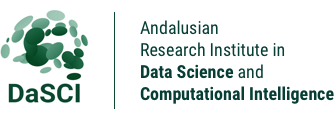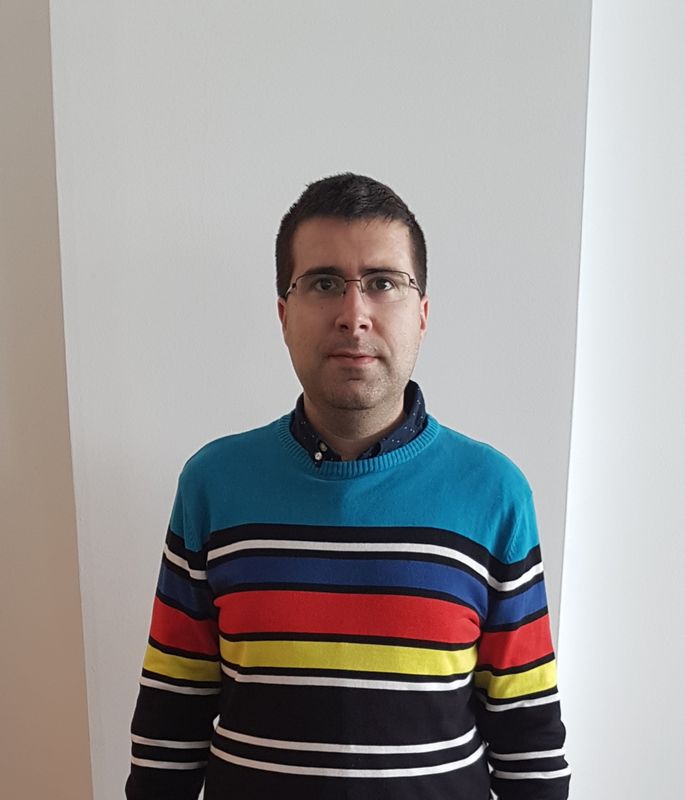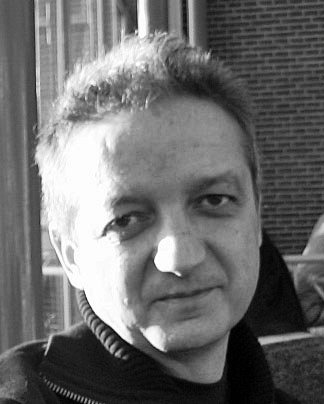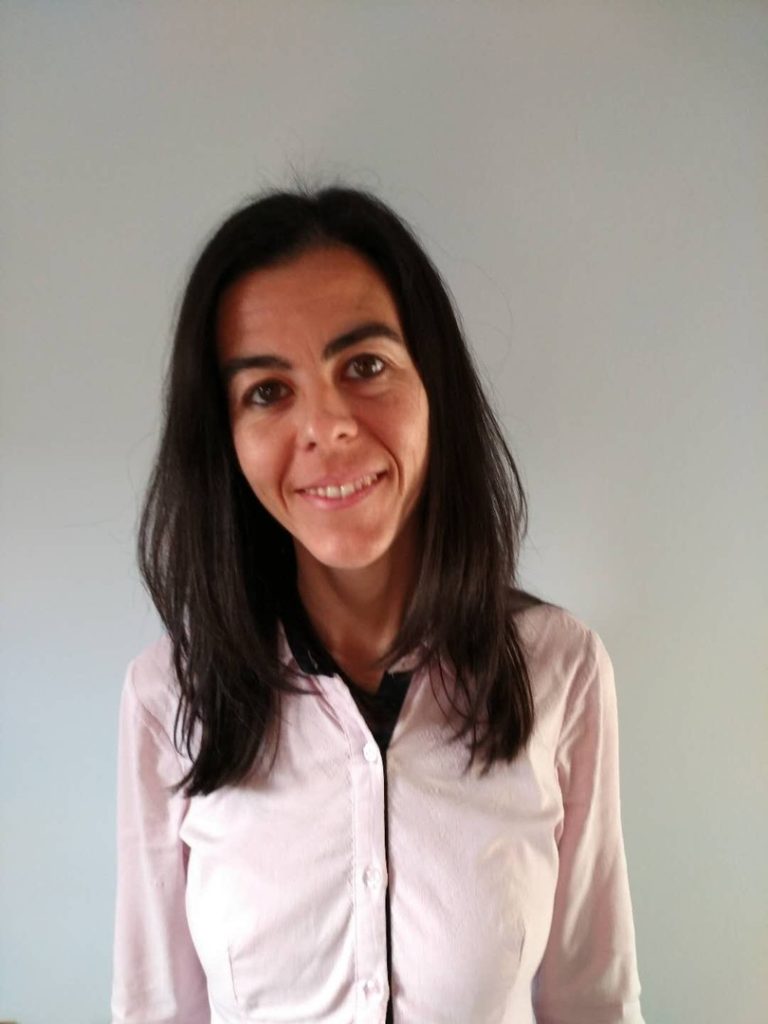Decision Making & Human Opinion Modeling
Human beings live in a constant process of offering and asking for opinions. Decision Making (DM) is the process of making choices by identifying a decision, gathering information, and assessing alternative resolutions from expert opinions. DM is a problem that has been evolving to adapt to the needs of society. With the increased use of social networks and smartphones, DM processes have had to adapt to a completely new environment that has a high amount of users and information.
The rise of the digital age has turned social networks into one of the most used platforms for sharing opinions and providing the wisdom of the crowd. Social media opinions are very valuable since they provide new knowledge and experiences in a comfortable way. In this scenario, crowd decision making refers to the wisdom of crowds that is naturally offered on social media platforms, where a high number of users share opinions. The wisdom of the crowd theory states that large groups of diverse, independent, and decentralized people make smarter decisions than an elite few. The extraction and analysis of crowd human opinions from social media is critical to develop intelligent group decision making models applied to the real world.
DaSCI researcher are developing new DM methods that solve the challenges posed by the big data paradigm and social networks by using nature language based opinions and fuzzy ontologies among others, together with the management of preferences representation under uncertainty (fuzzy preferences, linguistic preferences, …) and making use of advanced word computation, language processing and sentiment analysis.
Main current DaSCI research lines:
- Group Decision Making (GDM). In a GDM problem, a set of experts have to rank, according to their suitability, a set of alternatives. GDM generates a ranking of alternatives based on this information. Decisions should be consensual by involving all experts’ opinions in the process. Nowadays, the application of GDM is critical for decision making in the real world.
- Consensus decision-making or consensus process. Consensus are group decision-making processes in which participants develop and decide on proposals with the aim, or requirement, of acceptance by all. The focus on establishing agreement of at least the majority or the supermajority and avoiding unproductive opinion differentiates consensus from unanimity, which requires all participants to support a decision.
- Crown human opinions and crown decision making. Users from social networks meet these requirements, so these environments are perfect for capturing crowd human opinions. Natural language texts posted on social networks offer valuable opinions but present many challenges in extracting them. We need to address many challenges to profit the wisdom of crowds, to exploit the crowd opinions from social networks: processing natural language texts, inferring human opinions, and analyzing relationships between users, among others. Trustworthy and safety decision making. To create new secure and reliable intelligent DM methods, we can use emerging technologies such as explainable AI (XAI) and blockchain methods. XAI methods make the processes of DM methods understandable to the users. Blockchain methods eliminate the requirement of having a single moderator managing the DM process. If the moderator is present, it is easy for him/her to be corrupted or manipulated to drive the DM process to outcomes that are undesirable for the experts.
























